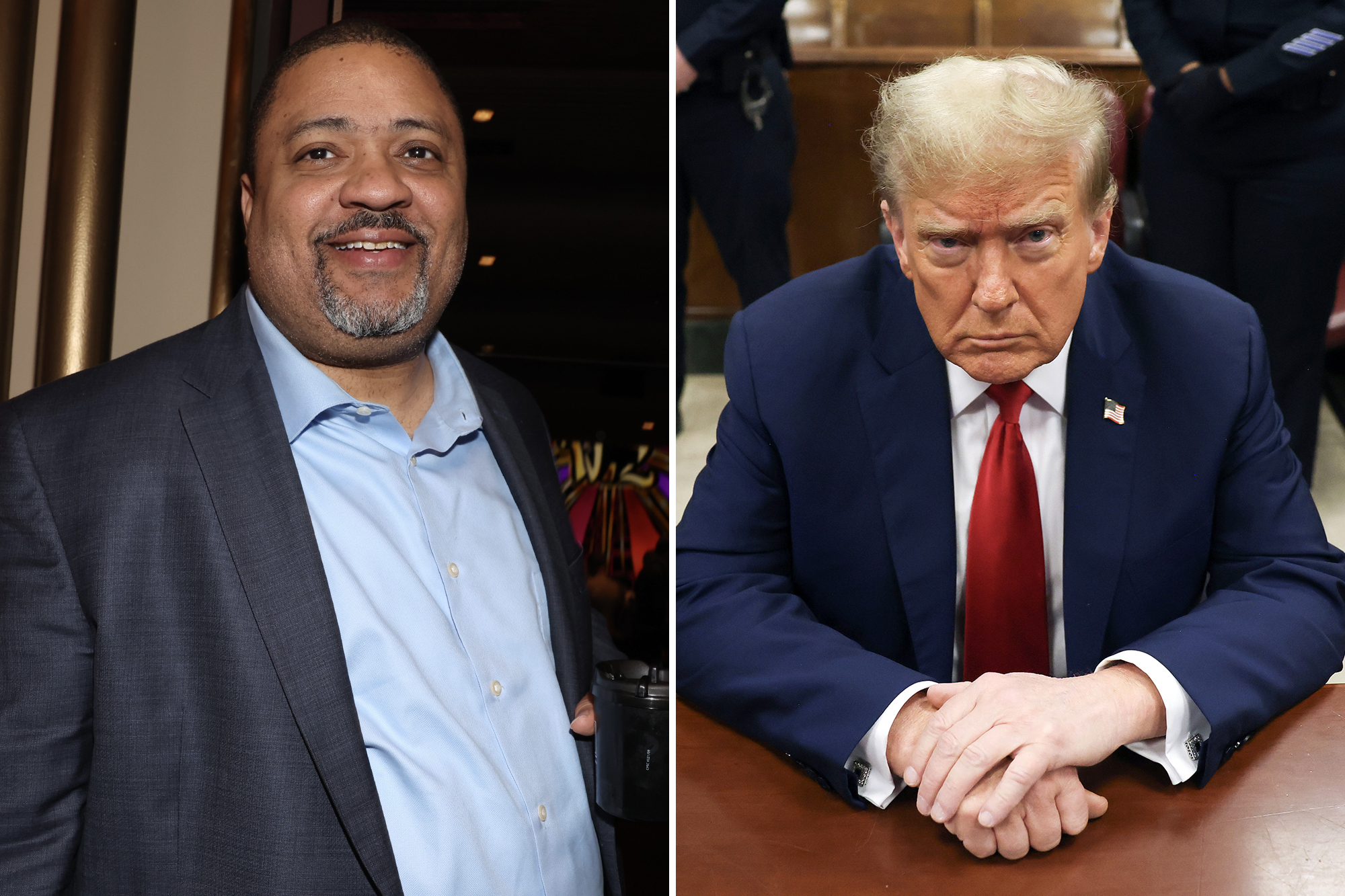The ongoing case brought by Manhattan District Attorney Alvin Bragg against former President Donald Trump has raised significant legal concerns within the legal community. The prosecution’s latest argument, presented on Monday, seemed to align with the Supreme Court’s obscenity standard, leaving many legal pundits perplexed.
The prosecution’s theory revolves around the allegation that Trump falsified business records in furtherance of another crime. However, the underlying crime remains ambiguous and undefined, causing confusion among observers. Prosecutor Joshua Steinglass argued that Trump violated a New York law by listing payments made to Stormy Daniels as a “legal expense.” According to the prosecution, this payment constituted an illegal conspiracy to unlawfully promote Trump’s own candidacy.
However, legal experts argue that paying for the nondisclosure of an alleged affair is not a crime. Furthermore, it is not considered a federal election offense to categorize such payments as personal or legal expenses. Federal law does not treat these payments as political contributions to oneself. The characterization of this payment as a legal expense being an illegal conspiracy to promote Trump’s candidacy in New York raises further questions about the case’s legal foundation.
Critics argue that the prosecution’s focus on Trump has led them to disregard the implications for the legal system and legal ethics. This case is unprecedented, as no other defendant has faced similar charges. Additionally, the statute of limitations for the misdemeanors related to this case, including falsifying payments, has expired. However, Bragg, with the assistance of former top Biden Justice Department official Matthew Colangelo, has revived these charges by alleging a federal election crime that the Justice Department itself rejected as a basis for criminal charges.
It remains unclear whether Trump was aware of how the payments were characterized in records. He paid the money to his lawyer, who handled the settlement regarding the nondisclosure agreement. Michael Cohen, Trump’s former lawyer, is expected to testify and argue that Trump should be held accountable for following his legal advice. Given Trump’s status as a presidential candidate, his marriage, and his hosting of a popular television show, there were legitimate reasons to secure a nondisclosure agreement. Even if the election was a consideration, such actions are not unusual or illegal.


1 Response
I found your post on the ongoing case against former President Donald Trump quite interesting. Could you please expand on the specific legal concerns that have been raised within the legal community? I would love to hear more about the intricacies of this case and the potential implications it may have.